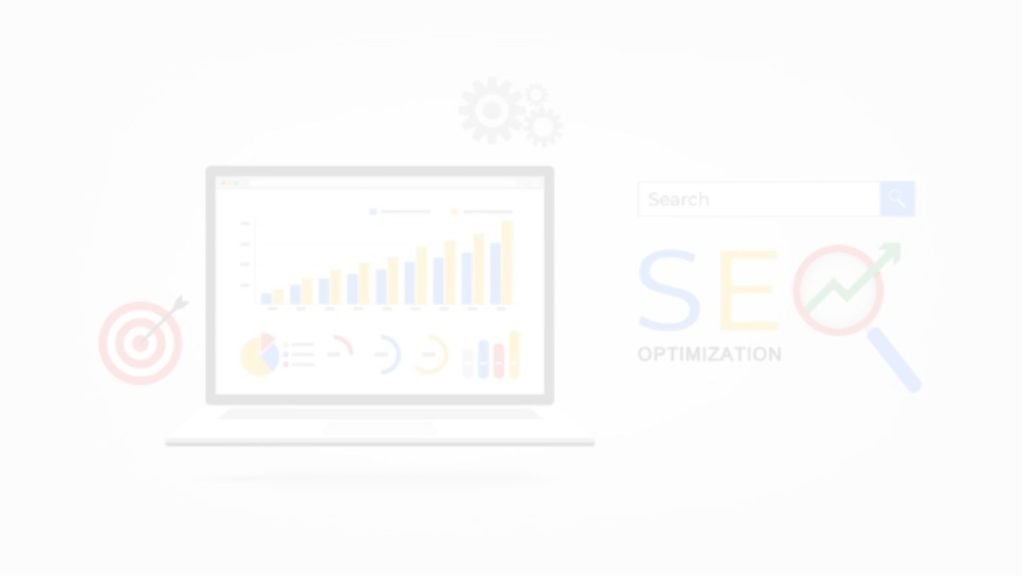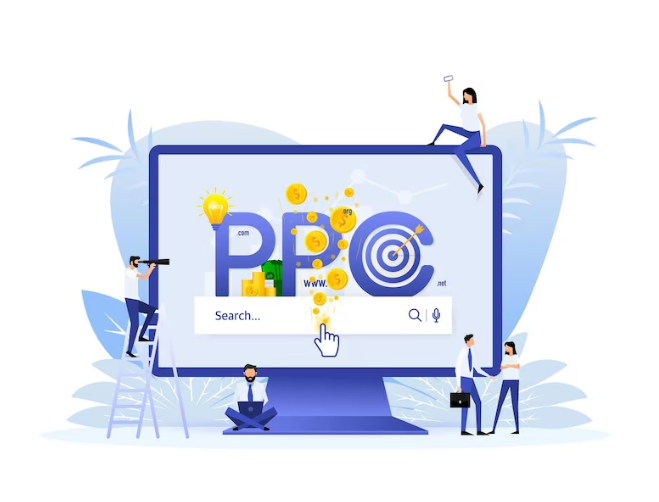How Is Ranking Different When Comparing PPC vs SEO

PPC Ranking Dynamics:
In PPC advertising, businesses bid on keywords relevant to their products or services. These bids determine the placement of their ads on search engine results pages (SERPs) when users search for those keywords.
The ranking of PPC ads is primarily influenced by the bid amount set by advertisers. Higher bids typically result in better ad placement, with ads appearing at the top of search results or in prominent positions on other platforms.
Other factors that can affect PPC ad ranking include ad quality, relevance of the ad copy and landing page, click-through rate (CTR), and ad extensions such as sitelinks or callouts.
SEO Ranking Dynamics:

SEO focuses on optimizing a website’s content, structure, and technical elements to improve its visibility in organic search results. Unlike PPC, SEO does not involve paying for ad placement.For instance, in the vibrant and competitive online market of Miami, a top-tier SEO agency such as the Best Miami SEO Agency can play a pivotal role in catapulting a website to the forefront of search engine results, ensuring sustained visibility and increased online presence.
Search engines use complex algorithms to rank websites based on various factors, including relevance, authority, and user experience. These algorithms analyze hundreds of signals to determine the most relevant and valuable results for a given search query.
Key ranking factors in SEO include on-page optimization (e.g., keyword usage, content quality, meta tags), off-page factors (e.g., backlinks, social signals), user experience (e.g., site speed, mobile-friendliness), and technical aspects (e.g., site architecture, crawlability, schema markup).
Differences in Ranking Factors:
PPC rankings are primarily influenced by bid amounts and ad quality, while SEO rankings depend on a wide range of factors related to website content, authority, and user experience.
PPC offers immediate visibility on search engine results pages, but businesses pay for each click on their ads. In contrast, SEO requires ongoing efforts to improve organic rankings but can drive sustainable, long-term traffic without direct costs per click.
Developing Comprehensive Strategies:
Businesses can benefit from integrating both PPC and SEO into their marketing strategies to maximize online visibility and reach potential customers at different stages of the buying cycle.
PPC can provide quick results and targeted traffic for specific keywords or campaigns, while SEO builds a strong foundation for sustainable organic traffic growth over time.By understanding the distinct ranking factors and dynamics of PPC and SEO, businesses can develop comprehensive strategies that leverage the strengths of each approach to achieve their marketing goals effectively.
Basics of PPC Ranking:

- PPC advertising involves businesses bidding on specific keywords or phrases relevant to their target audience.
- When users search for these keywords, search engines display sponsored ads alongside organic search results.
- Advertisers pay a fee each time their ad is clicked, hence the term “pay-per-click.”
- The position of the ad on the search results page is determined by a combination of the bid amount and the ad’s quality score.
Factors Influencing PPC Position:
Bid Amount: The maximum amount an advertiser is willing to pay for a click on their ad.
Ad Relevance: How closely the ad matches the user’s search query and intent.
Landing Page Quality: The quality and relevance of the webpage users land on after clicking the ad.
Click-Through Rate (CTR): The percentage of users who click on the ad after seeing it.
Overall Historical Performance: The past performance of the ad, including its CTR, relevance, and landing page experience.
Optimizing PPC Campaigns:
To improve ad position and increase the likelihood of clicks, businesses can optimize these factors. Regular monitoring and adjustment of PPC campaigns are crucial to ensure optimal performance and adapt to fluctuations in factors influencing ad position.
Exploring SEO (Search Engine Optimization)
Some businesses focus on improving their online visibility through SEO (Search Engine Optimization) techniques. This strategy involves optimizing a website to rank higher in organic search engine results. Understanding the fundamentals of SEO ranking and the elements affecting SEO success is crucial for businesses aiming to enhance their online presence.
Fundamentals of SEO Ranking
Exploring the fundamentals of SEO ranking involves grasping the importance of relevant keywords, high-quality content, and backlinks. Keywords play a vital role in helping search engines understand the context of a website and determine its relevance to a user’s search query. Creating informative and engaging content that incorporates these keywords can significantly impact a website’s ranking. Additionally, backlinks from reputable websites can improve a site’s authority and credibility in the eyes of search engines, further boosting its position in search results.
Factors Influencing SEO Success:

SEO success is influenced by various factors, including website speed, mobile-friendliness, user experience, and content quality.
Optimizing these elements improves a website’s ranking and user satisfaction, leading to higher visibility in search results.
PPC vs. SEO Comparative Analysis:
- Speed and Agility: PPC offers immediate results, while SEO may take more time to see significant changes.
- Cost Implications and ROI: PPC provides agility in adjusting budgets, while SEO can offer sustainable ROI over time.
- Target Audience and Intent: PPC allows precise targeting, while SEO focuses on user search intent.
- Longevity and Stability of Rankings: PPC results are temporary, while SEO results can provide sustainable rankings over the long term.
Strategic Integration of PPC and SEO:
- Combining PPC and SEO efforts can enhance brand visibility and drive website traffic.
- PPC offers immediate visibility, while SEO works to improve organic rankings over time.
- Measuring success and adjusting strategies are crucial for optimizing PPC and SEO campaigns.
Final Words
In conclusion, the comparison between PPC (Pay-Per-Click) advertising and SEO (Search Engine Optimization) underscores the significant differences in ranking dynamics and timeframes for achieving visibility in online search results. While PPC offers businesses the advantage of immediate paid rankings through keyword bidding, SEO requires a sustained effort over time to build organic rankings through content optimization and link building. The decision between PPC and SEO depends on factors such as business goals, budget, and long-term strategy. By carefully considering these factors, businesses can effectively reach their target audience and maximize online visibility. Ultimately, a balanced digital marketing approach that incorporates elements of both PPC and SEO can yield the best results, driving traffic and conversions effectively while optimizing resources for long-term success.